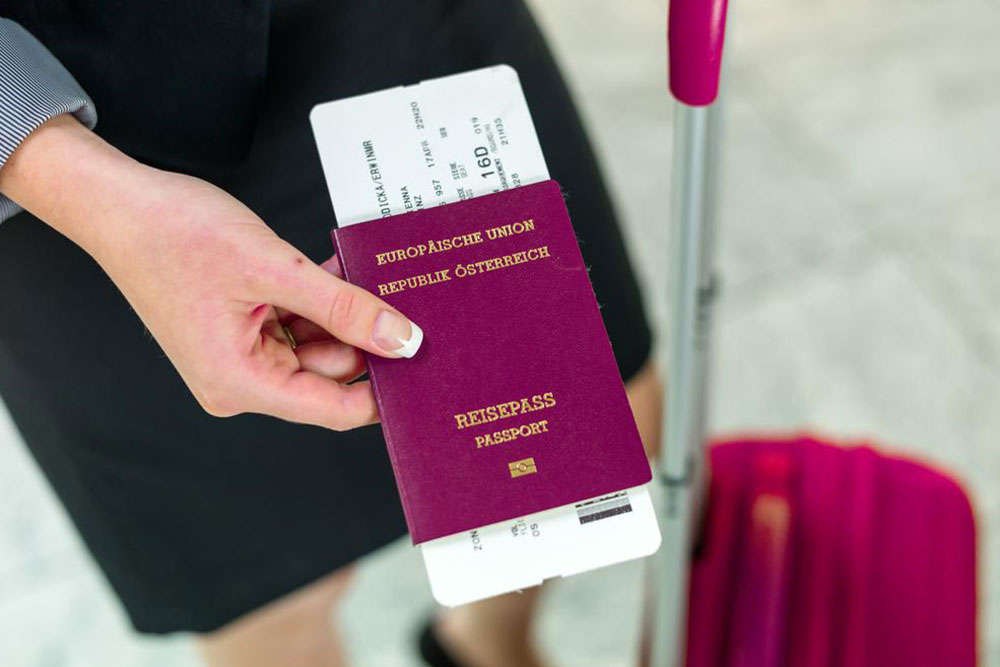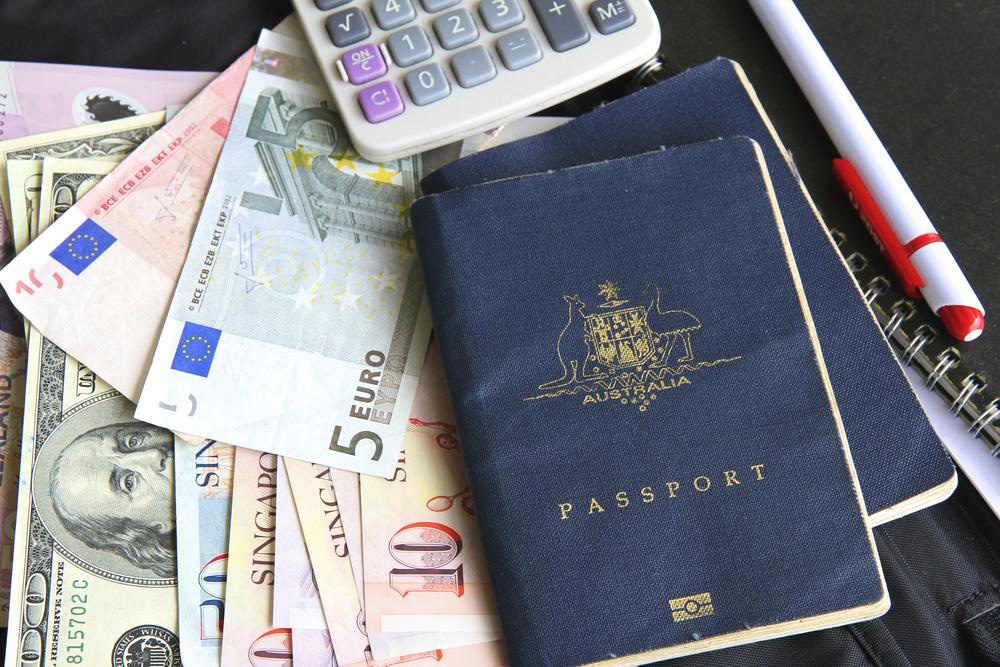Ultimate Guide to Booking Your Ideal Flight: Tips for a Smooth Travel Experience
Learn comprehensive tips for booking the perfect flight, including choosing the right airline, confirming destination details, selecting between non-stop and connecting flights, understanding travel document requirements, and mastering booking strategies to save money. This guide will help travelers make informed decisions for a hassle-free journey and optimal travel experience.

Ultimate Guide to Booking Your Ideal Flight: Tips for a Smooth Travel Experience
Air travel remains one of the most convenient and popular modes of transportation globally, facilitating millions of journeys each day. As the demand for air travel continues to grow, so does the variety of options available to travelers. Airlines often compete for customer attention by offering special deals, promotions, and varying levels of service, making it essential for travelers to understand how to choose the best flights that suit their needs and budgets. Whether you are a seasoned globetrotter or planning your first international trip, mastering the art of flight booking can save you time, money, and stress. This comprehensive guide delves into critical tips to help you select the perfect flight, ensuring a comfortable, economical, and hassle-free traveling experience.
Choosing the Right Airline
The airline you select plays a significant role in the overall travel experience. With numerous carriers operating on various routes, it's crucial to consider factors such as reputation, in-flight services, policies, baggage allowances, and pricing. Some airlines are renowned for their exceptional customer service, punctuality, and comfort, while others might offer more budget-friendly fares but with fewer amenities. If you frequently travel along the same route, joining the airline’s loyalty or frequent flyer program can provide exclusive discounts, priority boarding, additional baggage allowances, and other benefits, ultimately saving you money over time. Reading reviews and ratings from other travelers can also provide insights into the airline’s reliability and service quality, helping you make an informed decision.
Destination Airport: Accuracy Matters
When booking flights, paying attention to the destination airport is crucial. Many cities have multiple airports with similar names or codes, which can lead to confusion. For example, travelers might mistake Grenada's Maurice Bishop International Airport for Granada Airport in Spain, leading to unintended destinations. To avoid such mistakes, always double-check the airport code and detailed location information before finalizing your booking. This is especially important for large metropolitan areas like New York City, London, or Tokyo, which have several airports serving different regions or international/domestic flights. Confirming the exact airport ensures your journey starts and ends smoothly without unnecessary travel or delays.
Direct vs. Connecting Flights: Which Option Suits You?
Airlines offer both non-stop and connecting flights. Choosing between the two depends on your priorities—whether it's convenience, cost, or travel time. Non-stop flights are generally quicker, more comfortable, and reduce the stress associated with layovers. However, direct routes sometimes come at a premium price. Connecting flights, involving layovers at intermediate airports, can often be cheaper but may extend travel time and increase the risk of missed connections or delays. When using flight comparison platforms like Trivago, you can easily compare prices, durations, and routes to determine the best option for your specific needs. If you're traveling with tight schedules or prefer a more relaxed journey, non-stop flights are often the better choice. Conversely, if budget is a primary concern, connecting flights can offer significant savings.
Travel Documents and Entry Requirements
Planning international travel requires attention to passport and visa requirements. A valid passport is essential, but some countries enforce strict rules requiring passports to be valid for at least six months after your planned departure date. Additionally, many destinations require visas, electronic travel authorizations, or vaccination certificates. Failing to meet these requirements can result in denied boarding or entry upon arrival, causing significant disruptions. Always verify the specific travel document requirements for your destination well in advance of your trip. This preparation ensures you avoid last-minute issues at airports and helps streamline your journey.
Understanding Pricing Fluctuations and Booking Strategies
Airfares are subject to change based on demand, seasonality, booking time, and airline policies. Prices tend to rise as the departure date approaches, especially during peak travel seasons or holiday periods. Utilizing flight comparison tools like Trivago Flights enables you to monitor fare trends and identify the optimal time to book. Setting up fare alerts can notify you when prices drop for your preferred routes. Additionally, booking in advance, typically 6-8 weeks before your trip, often yields better deals. Being flexible with travel dates and airports can also help you secure lower fares. Remember, paying close attention to pricing dynamics and using strategic booking techniques can significantly reduce your travel expenses, allowing you to allocate resources to other aspects of your trip.
In conclusion, careful planning and consideration of these essential factors are key to arranging the perfect flight. Making informed decisions about airline selection, destination accuracy, routing options, required travel documents, and pricing strategies will ensure your journey begins with confidence. By dedicating time to research and comparison, you can enjoy a smoother, more comfortable travel experience and potentially save a considerable amount of money. Whether traveling for leisure, business, or family visits, these tips will help you navigate the complex world of flight booking with ease and efficiency.





